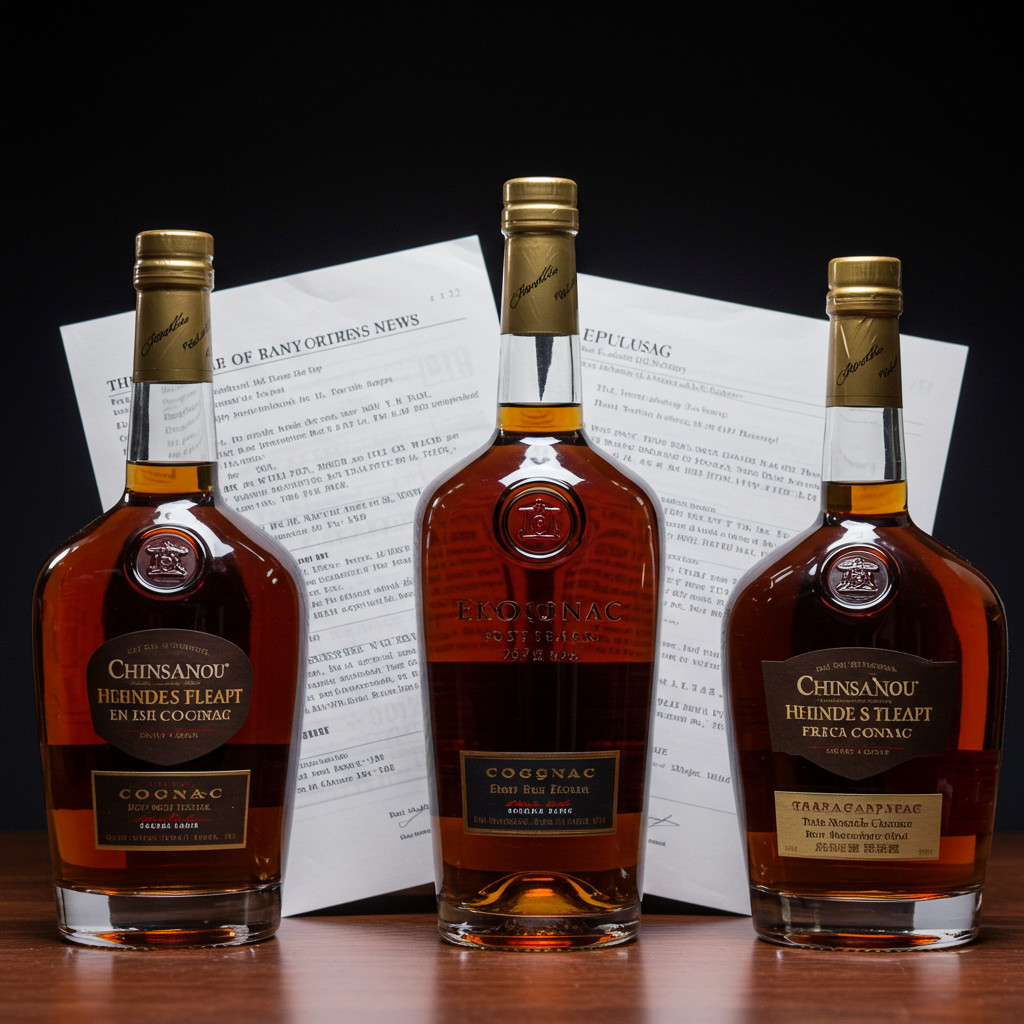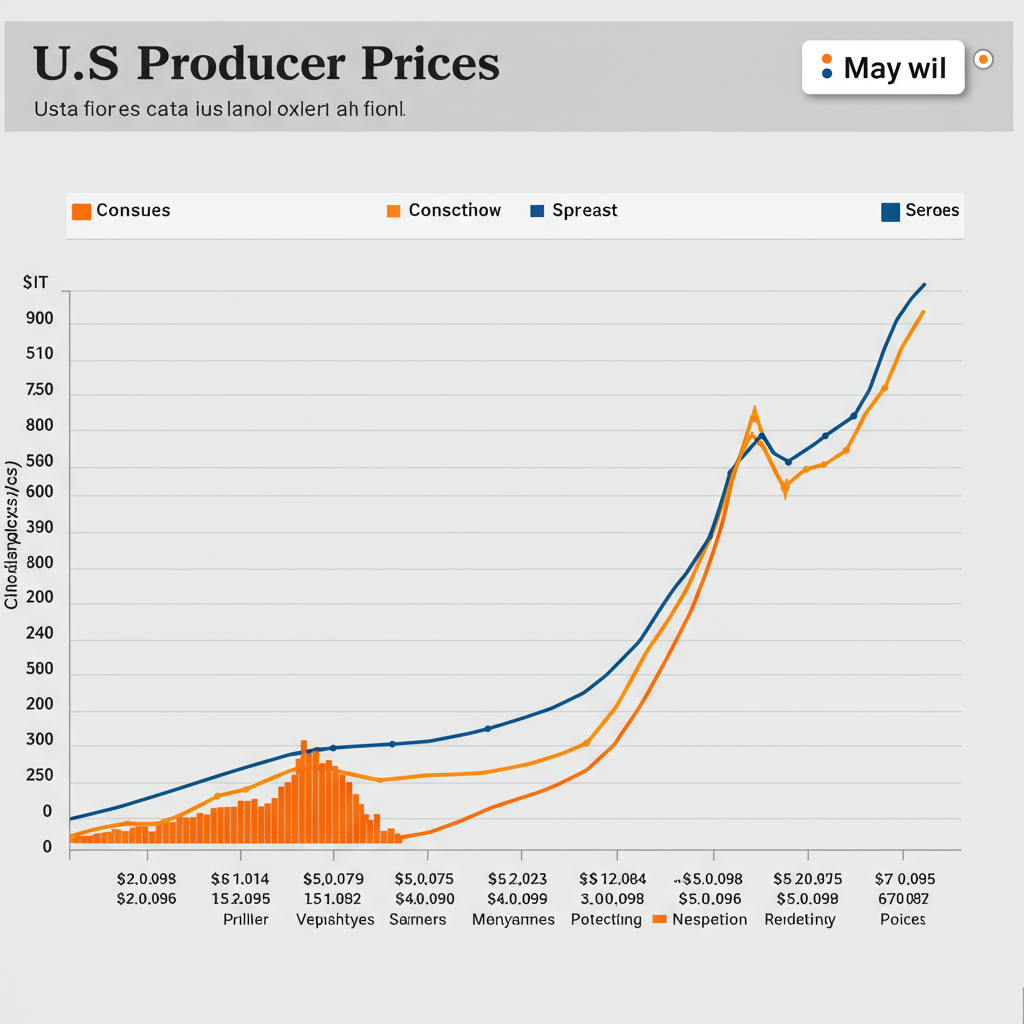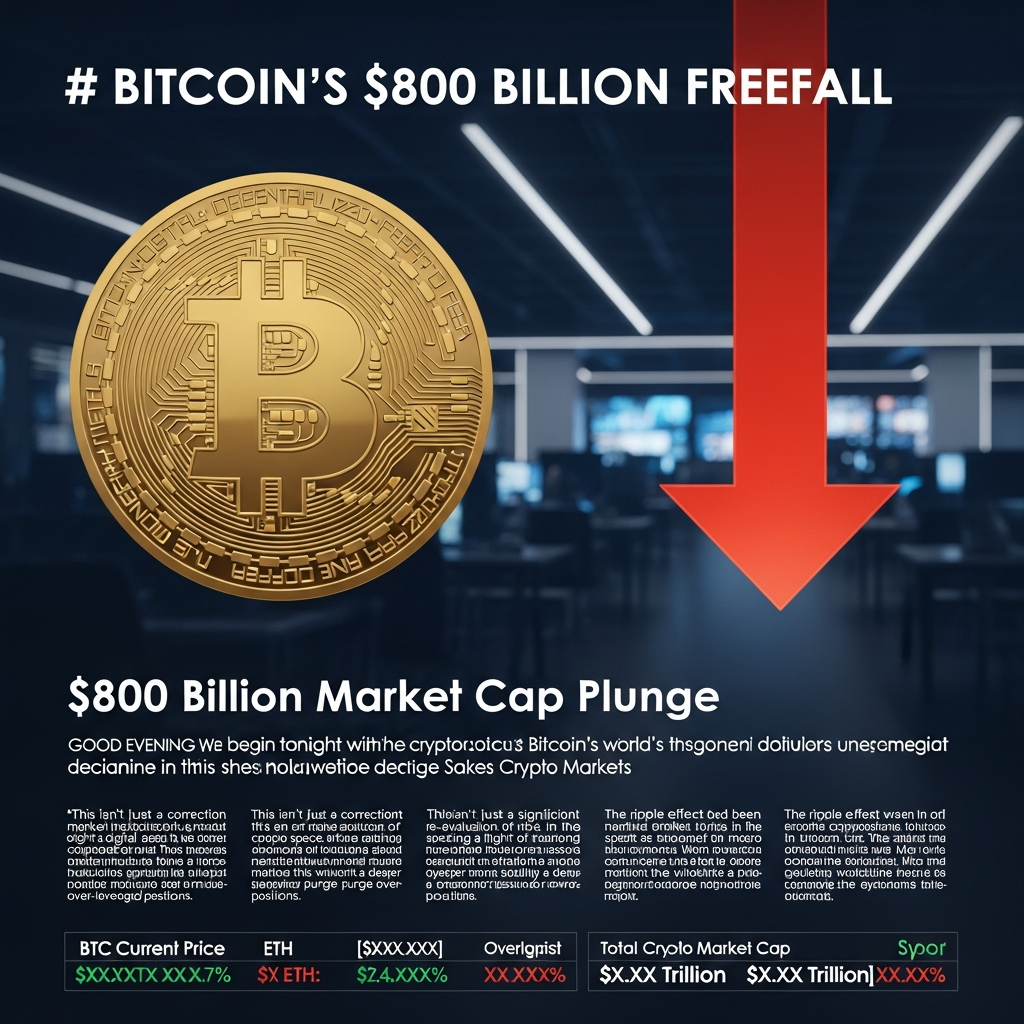NEWS
china issued a final decision Friday regarding its anti-dumping investigation into European brandy imports. The ruling, effective July 5, 2025, imposes duties of up to 34.9 percent on these spirits for a period of five years. However, in a significant development amidst ongoing EU-China trade tensions, Beijing has granted a conditional exemption to major French cognac producers. This decision offers a measure of relief to companies heavily reliant on the lucrative Chinese market, though industry bodies note it still presents barriers compared to duty-free trade.
China Imposes Steep Brandy Duties
The Ministry of Commerce in Beijing announced the conclusion of its investigation into European brandy. The probe began in January 2024. It focused primarily on products from France. Under the new ruling, brandy imports from the European Union will face anti-dumping tariffs. The duties will range from 27.7 to 34.9 percent. The average duty rate is set at 32.2 percent. This final rate is slightly lower than the provisional rate applied since October 2024. Provisional duties were reportedly as high as 39 percent. The new duties take effect on July 5, 2025, and will last for five years.
Conditional Relief for Major French Cognac Houses
In a key detail, Beijing will exempt certain major brandy producers from these duties. This exemption applies specifically to prominent French cognac houses. These include Remy Cointreau, Pernod Ricard (which owns Martell), and LVMH’s Hennessy. These companies account for a significant portion of French cognac exports. The exemption is not unconditional. These major producers must commit to exporting their spirits above a certain minimum price level in China. The specific minimum price thresholds have not been publicly disclosed. If these companies fail to meet or breach the minimum price agreements, they will face the full anti-dumping duty rate. This rate is up to 34.9 percent. It would apply for the entire five-year period.
Producers who have paid deposits under the provisional duties since October 2024 will receive refunds. This is a positive development. It is particularly helpful for smaller producers with tighter cash flows.
The Trade Dispute Context: EVs and Retaliation
This brandy ruling comes amid escalating trade friction between the European Union and China. The brandy probe was widely seen as a retaliatory action. It followed the EU’s decision last October to impose provisional tariffs on electric vehicles made in China. Those EU duties can reach up to 35 percent. France was perceived as a key supporter of the EU’s EV investigation. This fueled speculation that China’s focus on French cognac was politically motivated.
The European Commission expressed regret over China’s decision. Trade spokesperson Olof Gill stated the EU’s view is firm. He believes China’s measures are unfair and unjustified. The EU contends they are inconsistent with international trade rules. Gill added that China had not adequately addressed the EU’s concerns. These concerns were raised both bilaterally and at the World Trade Organization. He described the measures as part of a “worrying pattern.” This pattern involves China allegedly abusing trade defense instruments. Investigations are started based on “questionable allegations and insufficient evidence.”
Trade discussions between Beijing and Brussels continue. These include talks on minimum import prices for Chinese EVs entering the EU. The Chinese commerce ministry recently indicated these consultations were in their final stage. However, resolution still requires ongoing effort from both sides. China has also initiated investigations into other EU agricultural products. These include pork and dairy. This signals a broader scope of trade tensions.
Impact on the Lucrative China Market
China represents the most valuable global market for cognac. The uncertainty surrounding the anti-dumping investigation and the imposition of provisional duties had a severe impact. According to the French cognac governing body, BNIC, monthly exports to China plummeted dramatically. The decline reached as much as 70 percent since October 2024. This highlights the market’s sensitivity to trade barriers.
The final ruling provides some clarity. For the major players, the conditional exemption offers a “substantially less punitive alternative” than full tariffs, according to Remy Cointreau. It allows these companies to continue investing in the Chinese market. However, Pernod Ricard noted regret over the increased cost of operation due to the minimum price requirement. While better than the full tariff burden, it still represents an additional cost. The BNIC stated the minimum price commitment deal is “less unfavourable.” But it is still worse than the pre-investigation situation with no duties at all. Smaller producers who cannot meet minimum price requirements will face the full duties. This puts them at a competitive disadvantage against larger, exempted rivals.
Industry Reactions and Diplomatic Maneuvering
Industry bodies and affected companies reacted to the news. SpiritsEUROPE, an industry group, stated the measures “still pose a significant barrier to legitimate trade.” They maintained that European producers provided ample evidence disproving dumping claims over the past 18 months of the investigation.
The decision coincides with increased diplomatic activity. French Foreign Minister Jean-Noël Barrot was scheduled to meet his Chinese counterpart, Wang Yi, shortly after the announcement. Resolving the brandy tariffs has been a key point raised by the French government in discussions with China. Sources familiar with the negotiations indicated neither side wanted the situation to escalate into a full-blown trade war. Previous reports suggested a link between a tentative agreement on minimum brandy prices and progress on the EU’s Chinese EV tariffs.
The ruling on brandy can be seen as a signal. It suggests both the EU and China are seeking ways to manage trade disputes. They may wish to prevent them from completely derailing economic relations. This also aligns with China’s recent indication of potentially accelerating rare earth export approvals for EU companies, another area of trade concern.
Navigating Complex Trade Waters
While the exemption for major cognac producers is a notable carve-out, the overall situation remains complex. The imposition of duties on other brandy imports signifies that tensions persist. The core dispute over EV tariffs between the EU and China remains largely unresolved. The minimum price commitment, while avoiding tariffs for the exempted firms, introduces new market dynamics. It could potentially lead to higher costs or altered pricing strategies for these brands in China.
Industry leaders like the BNIC continue to call for a political agreement. They hope for a return to a state free of anti-dumping duties altogether. The current decision marks the end of this specific anti-dumping investigation. However, it does not eliminate all obstacles for EU brandy exporters to the Chinese market. The path forward involves continued negotiation and strategic maneuvering on both sides.
Frequently Asked Questions
What are the key details of China’s new EU brandy tariff ruling?
China announced final anti-dumping duties on EU brandy effective July 5, 2025, for five years. The duties range from 27.7% to 34.9%. However, China is exempting major French cognac makers Remy Cointreau, Pernod Ricard, and LVMH’s Hennessy. This exemption depends on these companies committing to sell their products above a minimum import price in China. Producers who cannot or do not meet this condition will face the full duties.
Which specific French cognac companies benefit from China’s tariff exemption?
The final ruling specifically names three major French cognac producers that will be exempted from the new anti-dumping duties, provided they adhere to minimum price commitments. These companies are Remy Cointreau (known for Remy Martin), Pernod Ricard (known for Martell), and LVMH (specifically its Hennessy brand). These houses represent the largest players in the global cognac market.
How might China’s minimum price requirement impact EU brandy sales in the Chinese market?
The minimum price commitment means exempted producers must maintain prices above a certain undisclosed level. This could potentially lead to higher retail prices for these specific brands in China. While it avoids steep tariffs, it increases the cost of doing business. It could impact sales volume if consumers are sensitive to price increases. Smaller producers not granted exemptions face the full duties, potentially making them less competitive against the exempted giants. The arrangement replaces one barrier (tariffs) with another (price floor).



